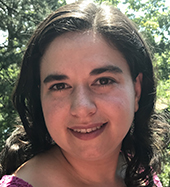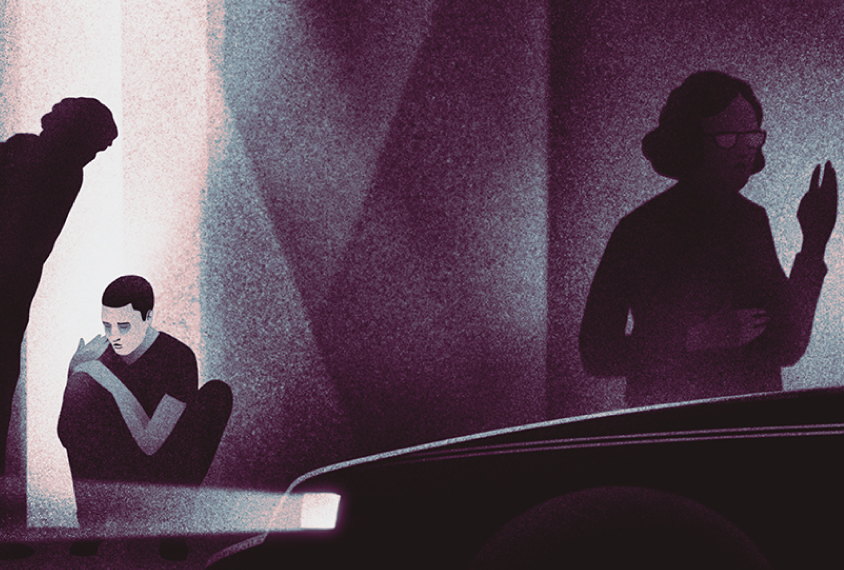Elissa Ball is a former data analysis intern for Spectrum. Prior to coming here, she worked in the Yonkers Public Library and as a tutor for Kaplan Test Prep. She earned a bachelor’s degree in anthropology, with a minor in mechanical engineering, from the University of Pennsylvania, in Philadelphia.

Elissa Ball
From this contributor
Why autism training for police isn’t enough
Inconsistent and underfunded training programs may hurt more than they help, experts say.

Why autism training for police isn’t enough
Autistic and non-autistic youth get different healthcare as they age
Young people with autism receive more mental health services, more consistent primary care and less gynecological or urgent care than their neurotypical peers.

Autistic and non-autistic youth get different healthcare as they age
Almost one-third of autistic children in the United States live in poverty
Children younger than age 5 and Black and Hispanic children on the spectrum experience the most financial hardships.

Almost one-third of autistic children in the United States live in poverty
Explore more from The Transmitter
Neuro’s ark: Spying on the secret sensory world of ticks
Carola Städele, a self-proclaimed “tick magnet,” studies the arachnids’ sensory neurobiology—in other words, how these tiny parasites zero in on their next meal.

Neuro’s ark: Spying on the secret sensory world of ticks
Carola Städele, a self-proclaimed “tick magnet,” studies the arachnids’ sensory neurobiology—in other words, how these tiny parasites zero in on their next meal.
Autism in old age, and more
Here is a roundup of autism-related news and research spotted around the web for the week of 2 March.

Autism in old age, and more
Here is a roundup of autism-related news and research spotted around the web for the week of 2 March.
Lack of reviewers threatens robustness of neuroscience literature
Simple math suggests that small groups of scientists can significantly bias peer review.

Lack of reviewers threatens robustness of neuroscience literature
Simple math suggests that small groups of scientists can significantly bias peer review.